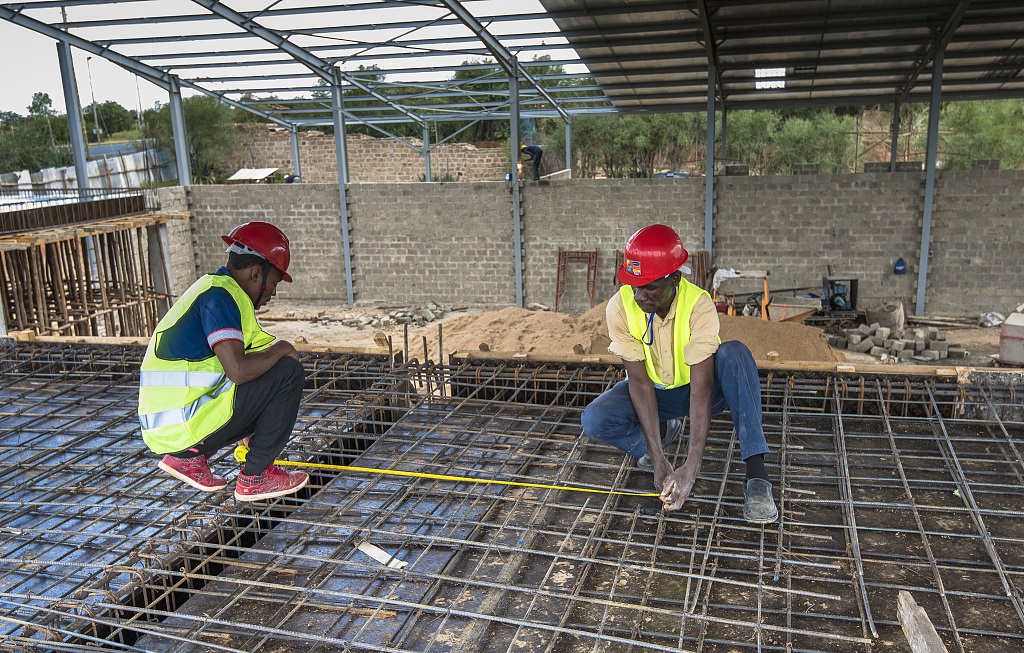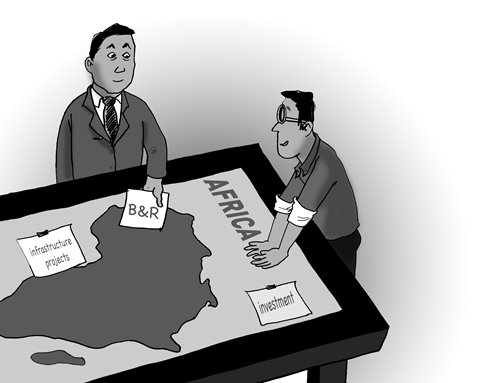The just-concluded EU Summit on migration has come up with measures like securing centers for migrants to process asylum claims, strengthening external border controls, and boosting financing for Turkey and countries in North Africa. But these are old solutions to old problems.

Photo: VCG
Since 2015, the EU has been working at full capacity to overcome the migration crisis. EU member states received over 1.2 million first-time asylum applications in 2015, more than double that of the previous year. But it seems that the European continent is still working in the same old way to try to prevent the entry of immigrants and not to address the causes of migration. Even if we assume these measures bring success in reducing immigration for some time, the EU will later be surprised when migrants use other means and methods to migrate, because the causes of migration still exist.

Illustration: Luo Xuan/Global Times
The root of migration is poverty. The African continent has suffered occupation and war for many decades. Many African countries have not yet been able to achieve the path of reform and development. This has put the people of these countries under unbearable pressure from poverty, ignorance and disease. They have pushed themselves into the abyss and tried to cross the border to reach Europe. They have faced danger and horror, believing a chance at a better future is worth dying for, if necessary.
With the emergence of the new system of globalization, the world became a small village and Africans opened their eyes to the luxury and good life enjoyed by Europeans, which inspired them to move to these countries. The majority of people from African countries continue to blame European countries for their backwardness and believe they should shoulder their responsibilities toward Africa. As a result of the failure of European countries to play the role that the African people were waiting for, these masses migrated to Europe to try to gain these rights. Europe, when dealing with refugees, looks at them from a perspective of human logic or empathy and does not view migration as a symptom of a disease. European countries must change their thinking and strategy to deal with the disease in order to make the causes of migration disappear.
It is time for Europe to look at the Chinese experience in Africa. The Chinese policy has always focused on development. Economic relations between Africa and China have grown enormously, especially since 2006. The African continent is playing an important role in the Belt and Road initiative. China provides infrastructure funding and a workforce, and this infrastructure allows Africa to increase its production and exports, improving the quality of life and improving the conditions of millions of Africans.
Hope is the solution. The people of the African continent need hope. At least this last summit has come out with some words about more investment in Africa to help the continent achieve a substantial socio-economic transformation. China has been focusing on African development for a long time and has seen the results. The EU should work closely with China to push for the B&R to fight poverty in Africa and promote development.
The auther, He Wenping is a senior research fellow at the Charhar Institute in China, and Hisham Abu Bakr Metwally is the first economist researcher at the Central Department for Export & Import Policy under the Egyptian Ministry of Foreign Trade and Industry.


